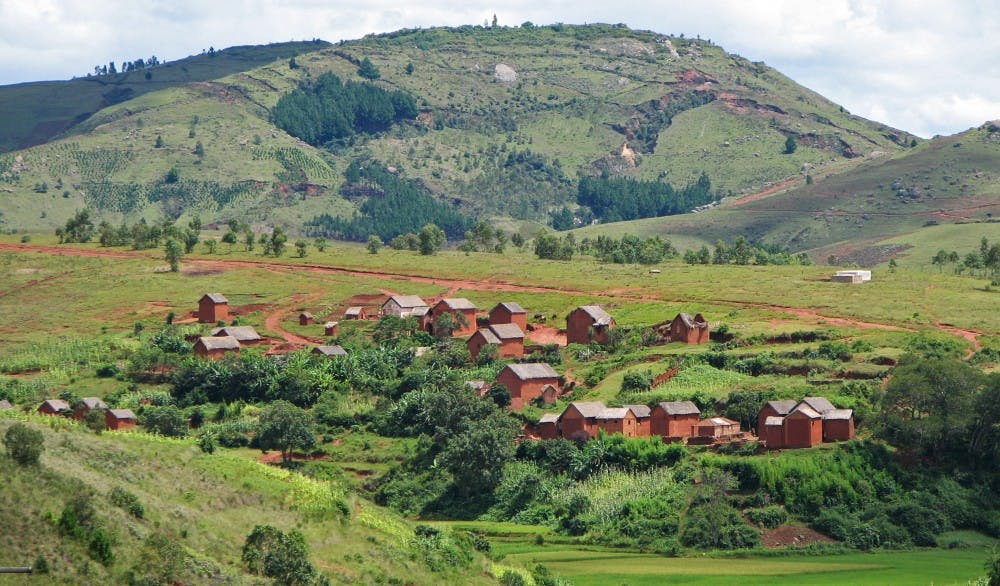Even people living far away from urban lights are sleep deprived, a recent study showed.
Despite Duke researchers' expectations that the people of Mandena, Madagascar had higher quality sleep due to a lack of light pollution, they found that individuals there slept less but had stronger circadian rhythms. To test the claim that human sleep has degenerated over the last generation due to the introduction of artificial light, researchers focused on residents of Mandena.
“While electricity has thrown a wrench into our circadian rhythm, this wrench has not yet hit the people of Mandena," said David Samson, senior research scientist in evolutionary anthropology and one of the study's authors. "That’s why they are such a fascinating population to study.”
For most of human evolution, humans' only experience with light was through the natural cycle of the day. However, artificial light has inhibited the ability to stay in sync with circadian rhythms. As a result of staring at the short-wavelength light emitted from phones, computers and televisions, signals are sent to our brain to secrete less melatonin, a hormone that induces sleepiness.
Duke researchers studied the sleep-wake patterns of 21 people who wore watch-like devices with built-in light as well as motion sensors that tracked their movements and light exposure every minute. Nine participants also took a polysomnogram, a test to determine how deep and restful their sleep was.
Despite having never been exposed to artificial lighting, the participants received between 30 minutes to an hour less sleep than the average adult in the U.S. and Italy. The villagers slept on average for about 6.5 hours. Participants also spent less time in REM sleep, the dream state stage of sleep, compared to Western populations.
Additionally, sleep that the villagers did get was fragmented. With a high population density of approximately 4,000 people per square kilometer, the area is consistently noisy at nighttime.
“It a challenging environment to get a good sleep in," said Charles Nunn, professor of evolutionary anthropology and another researcher in the study. "The bamboo walls and tin roofs hardly provide a buffer to sounds of loud parties, barking dogs and crying babies.”
Participants often woke up in the middle of the night and stayed up for one to two hours before returning to sleep. This is a remnant of past sleep patterns—prior to the nineteenth century, sleep was often segmented into two intervals bridged by a period of wakefulness, explained Roger Ekrich, sleep historian and professor of history at Virginia Tech.
“It used to be entirely normal to wake up in the middle of the night," Ekrich said. "People would do everything from pray to use the bathroom to prepare their breakfast in the morning.”
Participants would also compensate for lost nighttime sleep with hour-long naps during the day.
Despite receiving less sleep than other Western populations, 60 percent of the study’s participants reported being happy with their sleep. The sleep patterns of the participants were substantially more consistent than most Westerners from day to day.
“Their sleep patterns were more consistent because they had stronger circadian rhythms as a result of exposure to natural light and natural temperatures throughout the entire 24-hour day,” Samson said.
In the future, Samson hopes to study the sleep patterns of other traditional populations around the globe, he said. Nunn noted that he intends to look at the effects of stress from risks—including crop failure, theft and losing money—on sleep.
“The populations where we can do this kind of research are undergoing rapid globalization," Samson said. "We need to act fast and study them now."
Get The Chronicle straight to your inbox
Signup for our weekly newsletter. Cancel at any time.

